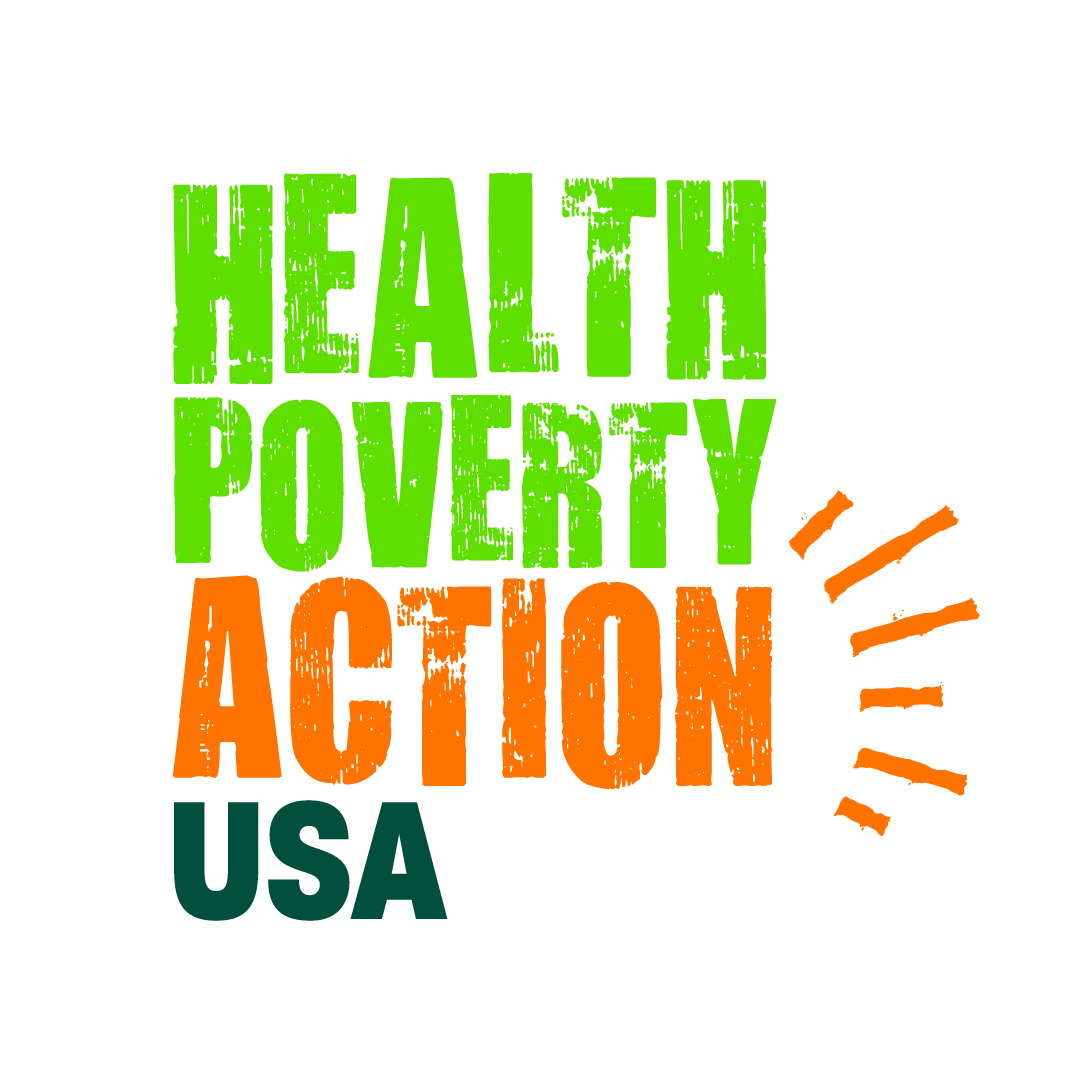Who are we
On by Natalie Sharples
Our Head of Policy and Campaigns blogs about our values, and our roots in the Primary Healthcare Movement.
Who are we? This is not an existential question, but as part of our reflection on power and the way we communicate, we first we need to understand what we are about. To do that requires an understanding of our history and values.
Health Poverty Action doesn’t have a traditional ‘strategic plan’. Instead we have a ‘live’ framework that evolves. It clearly articulates our roots in the Primary Health Care Movement and the 1978 Alma-Ata principles. The Alma-Ata was the first international declaration underlining the importance of Primary Health Care. It’s radical and inspiring.
Alma-Ata re-affirms the WHO definition of health as not merely the absence of disease or infirmity, but “a state of complete physical, mental and social well-being”. It states that health inequalities within and between countries are “politically, socially and economically unacceptable”. Its principles include strong community roots; comprehensive health systems; and the importance of the social determinants of health – such as poverty, discrimination, food, water, and education. Alma-Ata is the basis on which Health Poverty Action was founded.
In 2000, with the participation of Health Poverty Action, the Alma-Ata Principles were expanded and updated in the form of the People’s Charter for Health. This is the founding document of the People’s Health Movement, a grassroots movement to which Health Poverty Action is proud to be one of only a handful of affiliated NGOs. In the words of the Charter:
Health for all means that powerful vested interests have to be challenged and that political and economic priorities have to be drastically changed.
These strong grounding values are clearly reflected in our work. They can be seen in the way we support communities to advocate for greater control and involvement in their health services. They can be seen in the multi-faceted approach we take in improving health, from education to sanitation. They can be seen in our work to tackle the global structural causes of poverty.
However, despite our clear grounding in such strong values, in discussion with a group of colleagues, we realised we still have significant work to do in the way we communicate them.
For a start, I’ve always been a bit uncomfortable with our main claim to “strengthen poor and marginalised people in their struggle for health”. Firstly, we’re not the main event, it’s the people we work with. Secondly, this claim says nothing about the reasons people are denied their right to health and who is to blame. I’m also uneasy about calling people ‘poor and marginalised’; is it an accurate description of the impact of global inequality on people’s lives – or is it demeaning, and a symptom of our own unchecked power? I’m genuinely not sure…
It’s not just this main claim we can improve on. We are currently working to improve how we tell the stories of our work, and the people we work with, how we use images, and how we communicate with those who support us.
We have started by agreeing to revise our primary ‘claim’ (suggestions welcome)… but what about other ways we communicate? When you think of Health Poverty Action do you see an organisation born from the Alma Ata and part of the movement for health justice, or are we missing the mark?
Let us know by tweeting us @HealthPoverty, Facebook messaging us or emailing us at media@healthpovertyaction.org

